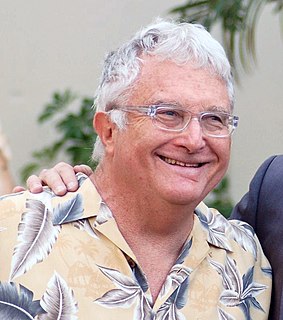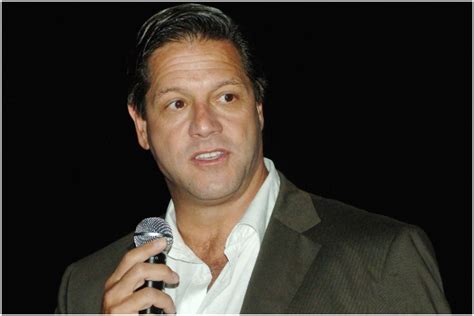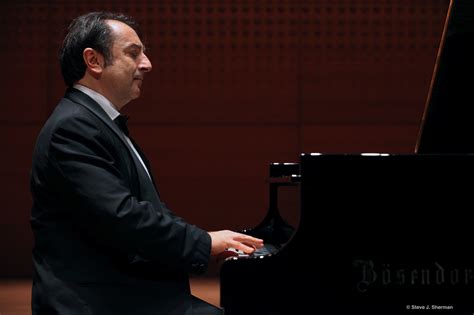A Quote by Daniel Levitin
In order to be a world-class expert in anything, be it audiology, drama, music, art, gymnastics, whatever, one needs to have a minimum of 10,000 hours of practice. Unfortunately, it doesn't mean that if you put in 10,000 hours that you will become an expert, but there aren't any cases where someone has achieved world-class mastery without it! So the time spent at the activity is indeed the most important and influential factor.
Related Quotes
Ten thousand hours is equivalent to roughly three hours a day, or 20 hours a week, of practice over 10 years... No one has yet found a case in which true world-class expertise was accomplished in less time. It seems that it takes the brain this long to assimilate all that it needs to know to achieve true mastery.
You know, they say you can reduce genius to someone who spent 10,000 hours trying to get good at something. I'm not claiming either one of those. I haven't done anything for 10,000 hours but sleep. But you do stuff enough, you get better at it. Usually it's a simple thing like that. Essentially, a brainless endeavor.
The emerging picture from such studies is that ten thousand hours of practice is required to achieve the level of mastery associated with being a world-class expert - in anything. In study after study, of composers, basketball players, fiction writers, ice skaters, concert pianists, chess players, master criminals, and what have you, this number comes up again and again…no one has yet found a case in which true world-class expertise was accomplished in less time. It seems that it takes the brain this long to assimilate all that it needs to know to achieve true mastery.
The 10,000-hours rule says that if you look at any kind of cognitively complex field, from playing chess to being a neurosurgeon, we see this incredibly consistent pattern that you cannot be good at that unless you practice for 10,000 hours, which is roughly ten years, if you think about four hours a day.
Writing and producing the show is an intellectual process. Performing the show is far more athletic and intuitive, because you don't get to do it twice. It helps if you've done whatever the old saw is, 10,000 hours of it. Because I've done 10,000 hours of comedy, I have this database in my mind of what works and what doesn't work.
We need an enduring, robust theory of education. Now, it seems education careens from one fad to another and often back again. I think that with better education and students willing to put in the 10,000-hours to become expert, we could develop better science professionals, even theoretical physicists.
It's lonely at the top. Ninety-nine percent of people in the world are convinced they are incapable of achieving great things, so they aim for the mediocre. The level of competition is thus fiercest for "realistic" goals, paradoxically making them the most time-consuming and energy consuming. It is easier to raise $10,000,000 than it is $1,000,000. It is easier to pick up the one perfect 10 in the bar than the five 8s.
Classical music, fortunately or not, unfolds in time. It's not like a picture you can stare at for 10 seconds or 10 hours. You need the minimum amount of education and training, and society needs to find a way to study music - not only the performances, but how to compose, how to understand why Mozart was great at what he did.

































